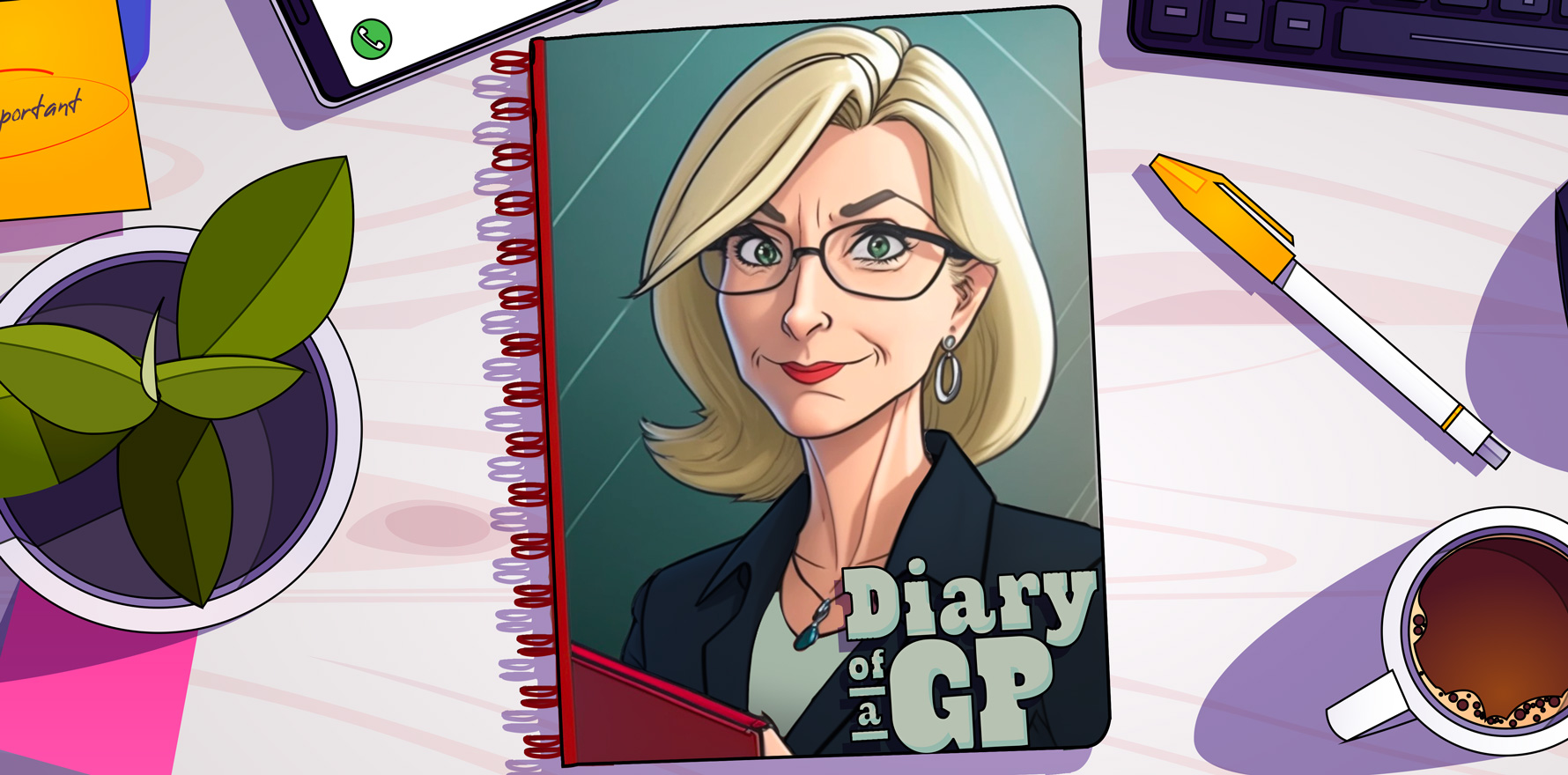There should be a sweet spot between the freshly educated and the seasoned, but along the way we can lose our nerve.
Do you ever wonder what the peak age is for a GP? When are we at the absolute top of our game?
There is an argument for the award to go to the newly minted GP. The one fresh from sitting the multi-faceted, outrageously expensive final GP exams – the one armed with the 15 top differential diagnoses for traveller’s diarrhoea or the one who knows by rote the checklist for patients who are about to be commenced on a biologic.
Conversely, there’s also an argument for the older GP – the one who has seen it all and can detect which cough – out of a morning list full of coughs – is actually an indicator for lung cancer and, very importantly, which irritable child with fever – out of an afternoon list full of irritable children – needs to go to hospital stat.
It would be reasonable to suspect the reality is somewhere in between – where there is the perfect combination of learned and lived experience.
You’d think there might be a sweet period of time when you would feel somewhat relaxed and confident that between your education and clinical experience you were more than capable of handling any challenge that walked through your surgery’s door.
But I don’t know – it doesn’t seem to have turned out like that. Maybe it’s just me, but the older I get the more anxious I seem to have become. Especially about missed diagnoses.
And further education isn’t helping!
When I read an article about something like mitochondrial disease, for instance, and all I can think is – how many people have I bloody missed with this condition? Then I read about that GP who recognised one of the first cases of monkeypox in Australia and I think – I would have never thought of that, how did he do that?
I know it’s an age thing. I know a few GPs, similar vintage to me, who used to be Swiss army knife GPs in the country, doing everything from delivering babies to chest tube drains for pneumothoraxes. They all now still practise, but all in a restricted capacity – claiming, among other reasons, that they have lost their nerve.
It’s an interesting phenomenon, really. In so many other professions the wisdom born of experience is a source of serenity and satisfaction and is respected and celebrated by colleagues and clients. I doubt many experienced judges wake up at 3am concerned that some obscure point in a trial has gone over their heads, whereas GPs are forever fearful they have missed some obscure sign or symptom that could have pointed to a zebra diagnosis when they had already backed the horse.
The reality is, in general practice, your mistakes will define you. I’m under no illusions that to have practised for over 30 years and not have made a major misdiagnosis or missed diagnosis (that I know of) is just luck – and maybe that’s where the anxiety comes from. How long can that luck last?
You don’t think that way in your 20s and 30s. When does that change happen?
I’m not sure but I’m convinced the more you know, both learned and experienced, the more you realise how much you don’t know.
Is that a bad thing? Not for the patient, I suspect.
How can it harm a patient if the doctor becomes more intent on dotting all the i’s and crossing the t’s? Does this tendency toward defensive medicine make you a better or worse GP?
So, peak time for a GP … Depends on who you ask, I guess – but I think there are strengths and weaknesses at every stage of our professional lives.
And regardless of our competence, through both education and experience, I don’t believe there is ever a period of sufficient confidence to allow any degree of complacency – it is just not in the nature of the job.
If there is, I missed it.


